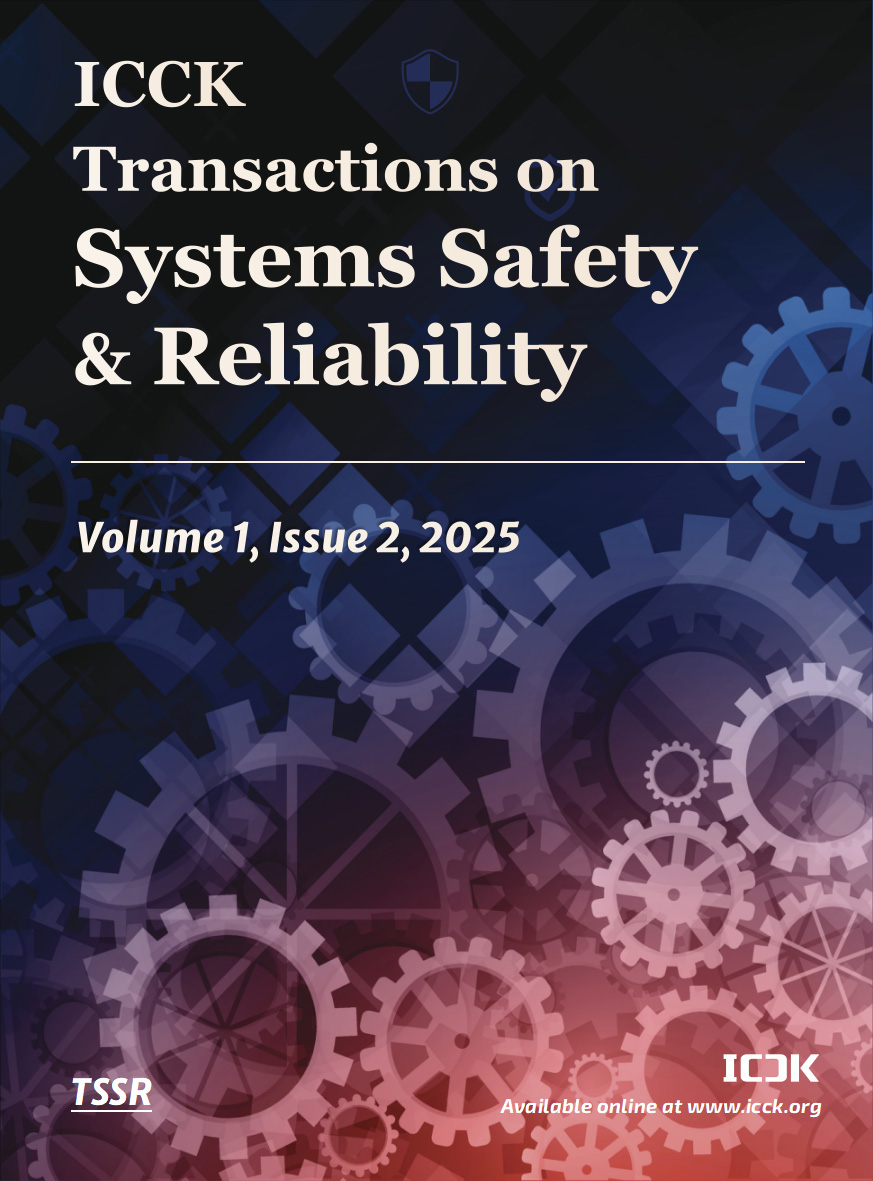Abstract
This study introduces a novel approach for enhancing production decision-making by applying Reinforcement Learning to optimize the Economic Manufacturing Quantity (EMQ) model within discrete-time production-inventory systems. By incorporating machine status, inventory levels, and production choices, a Markov Decision Process (MDP) is constructed and combined with the Q-learning algorithm to derive an adaptive control method. This method enables the dynamic adaptation of production decisions, by effectively balancing the normal operation and shutdown for rest states. Numerical simulations show that the suggested Reinforcement Learning model surpasses conventional EMQ models and steady-state probability models in both convergence speed and cost-effectiveness. This study offers a data-driven approach for optimizing production processes in smart manufacturing settings. It also supports the evolution of production-inventory systems from static planning to dynamic intelligent decision-making.
Keywords
reinforcement learning
economic manufacturing quantity
production inventory optimization
Q-Learning
dynamic decision-making
Data Availability Statement
Data will be made available on request.
Funding
This work was supported in part by the Shijiazhuang Science and Technology Project under Grant 241790737A; in part by the Natural Science Foundation of Hebei Province under Grant G2025203034; in part by the Shanxi Provincial Basic Research Program Youth Project under Grant 202403021212004.
Conflicts of Interest
The authors declare no conflicts of interest.
Ethical Approval and Consent to Participate
Not applicable.
Cite This Article
APA Style
Wang, R., Gong, Y., Su, P., Hu, L., & Jiang, X. (2025). Optimization and Control of Discrete-Time Production-Inventory Systems Using Reinforcement Learning. ICCK Transactions on Systems Safety and Reliability, 1(2), 98–113. https://doi.org/10.62762/TSSR.2025.621059
Publisher's Note
ICCK stays neutral with regard to jurisdictional claims in published maps and institutional affiliations.
Rights and Permissions
Institute of Central Computation and Knowledge (ICCK) or its licensor (e.g. a society or other partner) holds exclusive rights to this article under a publishing agreement with the author(s) or other rightsholder(s); author self-archiving of the accepted manuscript version of this article is solely governed by the terms of such publishing agreement and applicable law.


 Submit Manuscript
Edit a Special Issue
Submit Manuscript
Edit a Special Issue

